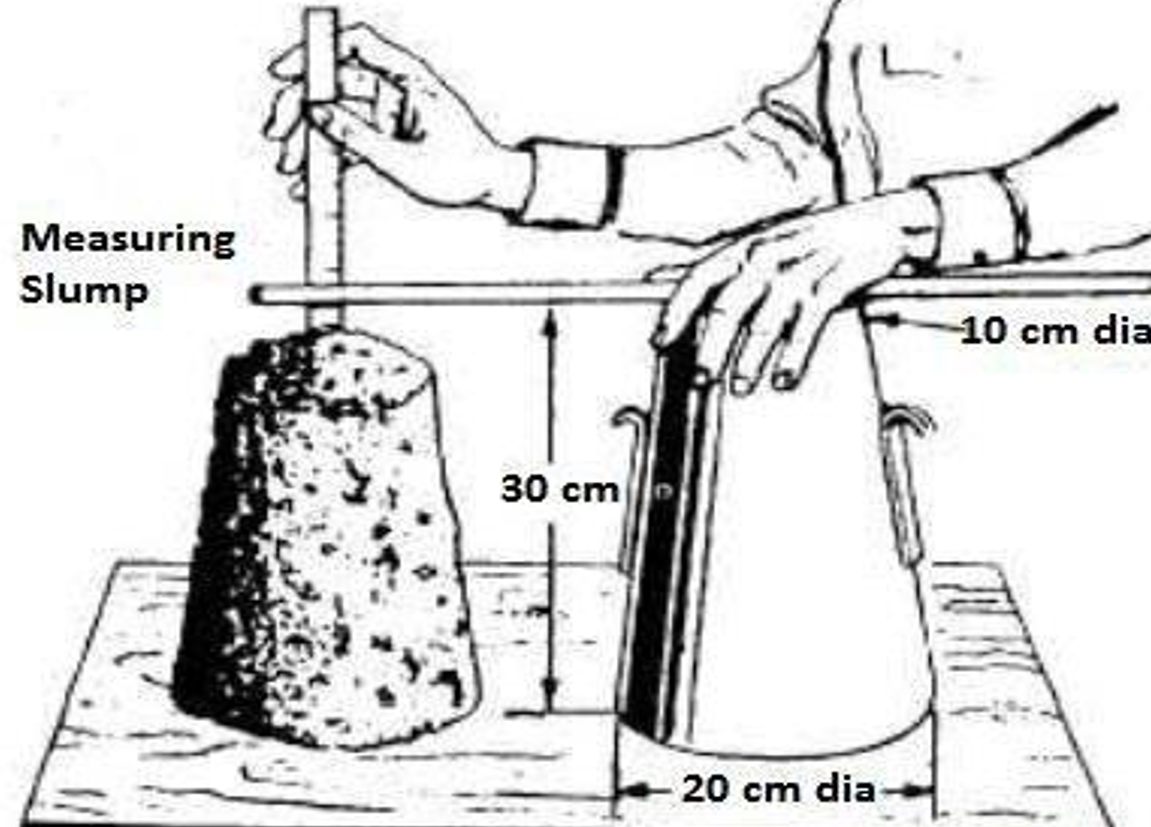The separation of the aggregate particles from the cement paste, resulting in a non-uniform distribution of materials in the concrete mix can be called Segregation in concrete.
The consequences of segregation are as follows,
-
Reduced strength and durability: Segregation can cause weak spots in the concrete, making it more prone to cracking and damage.
-
Uneven texture and appearance: Segregation can result in a non-uniform texture and appearance, which can be aesthetically unpleasing.
-
Increased porosity: Segregation can lead to increased porosity, making the concrete more susceptible to water penetration and damage.
Causes of segregation :
-
Improper mixing: Inadequate mixing or over-mixing can cause segregation.
-
Incorrect aggregate size: Using aggregate particles that are too large or too small can lead to segregation.
-
Insufficient cement content: Using too little cement can cause segregation.
-
High slump: Concrete with high slump (too much water) is more prone to segregation.
To prevent segregation, it’s important to:
-
Follow proper mixing procedures
-
Use appropriate aggregate sizes
-
Ensure sufficient cement content
-
Maintain optimal slump
To ensure a strong, durable, and visually appealing concrete finish.


